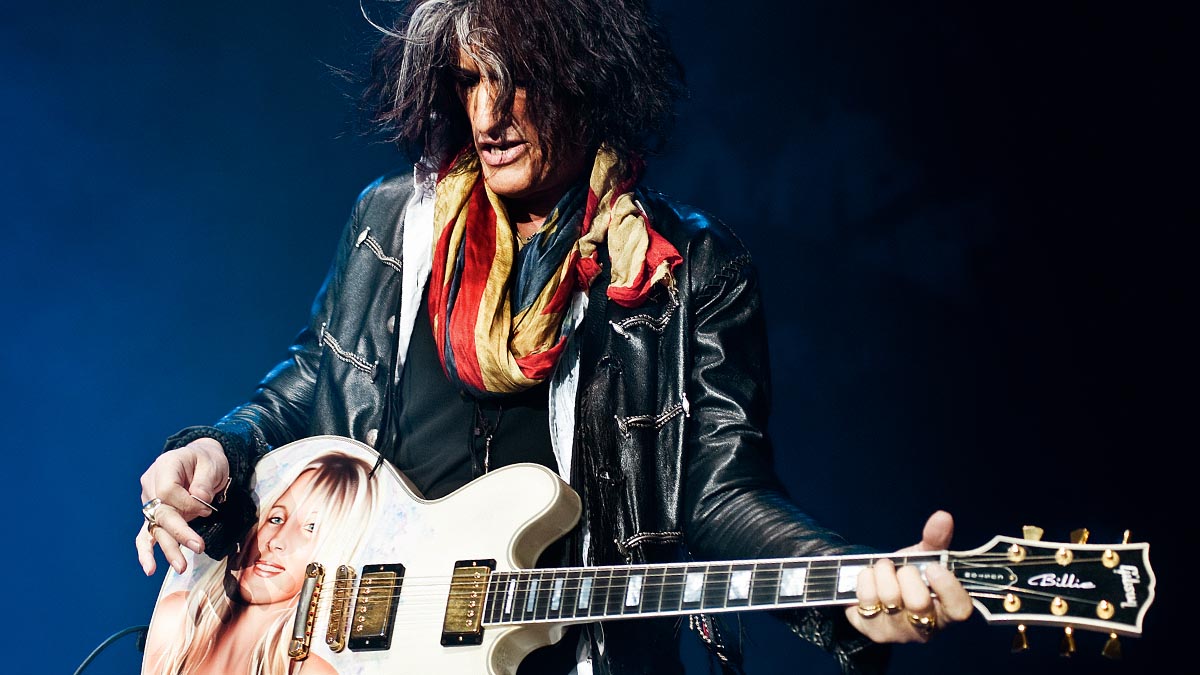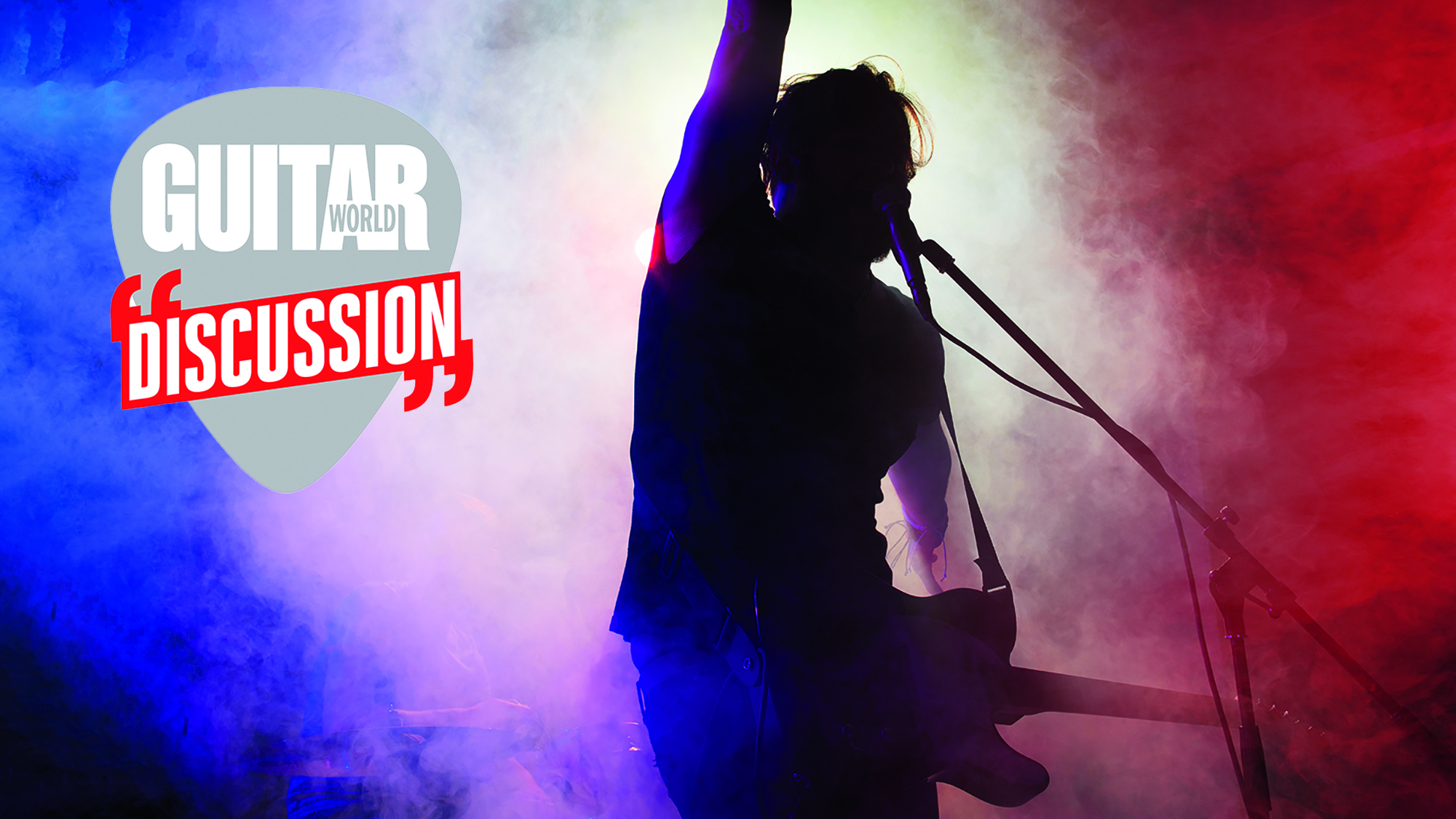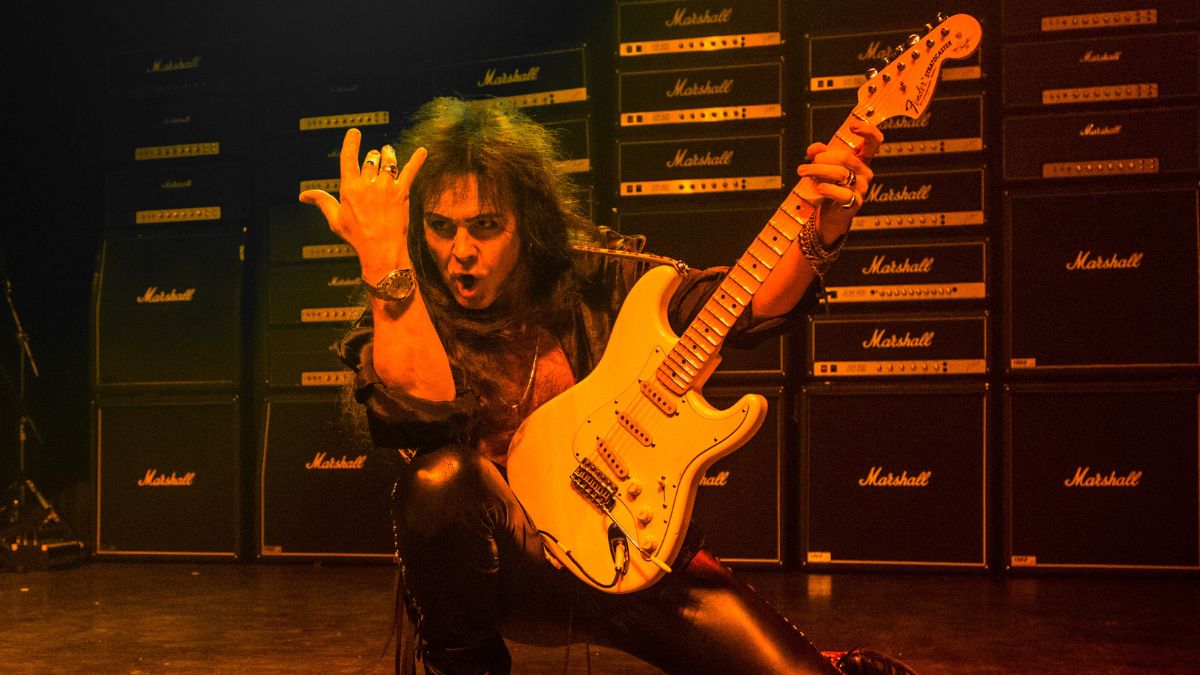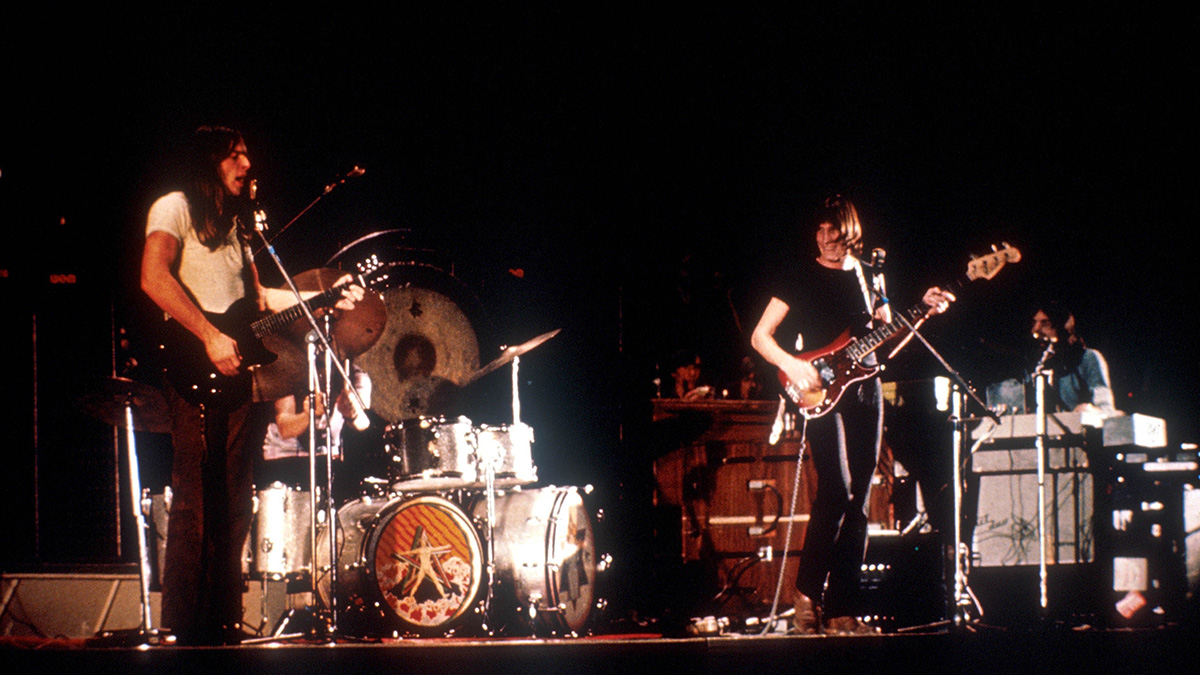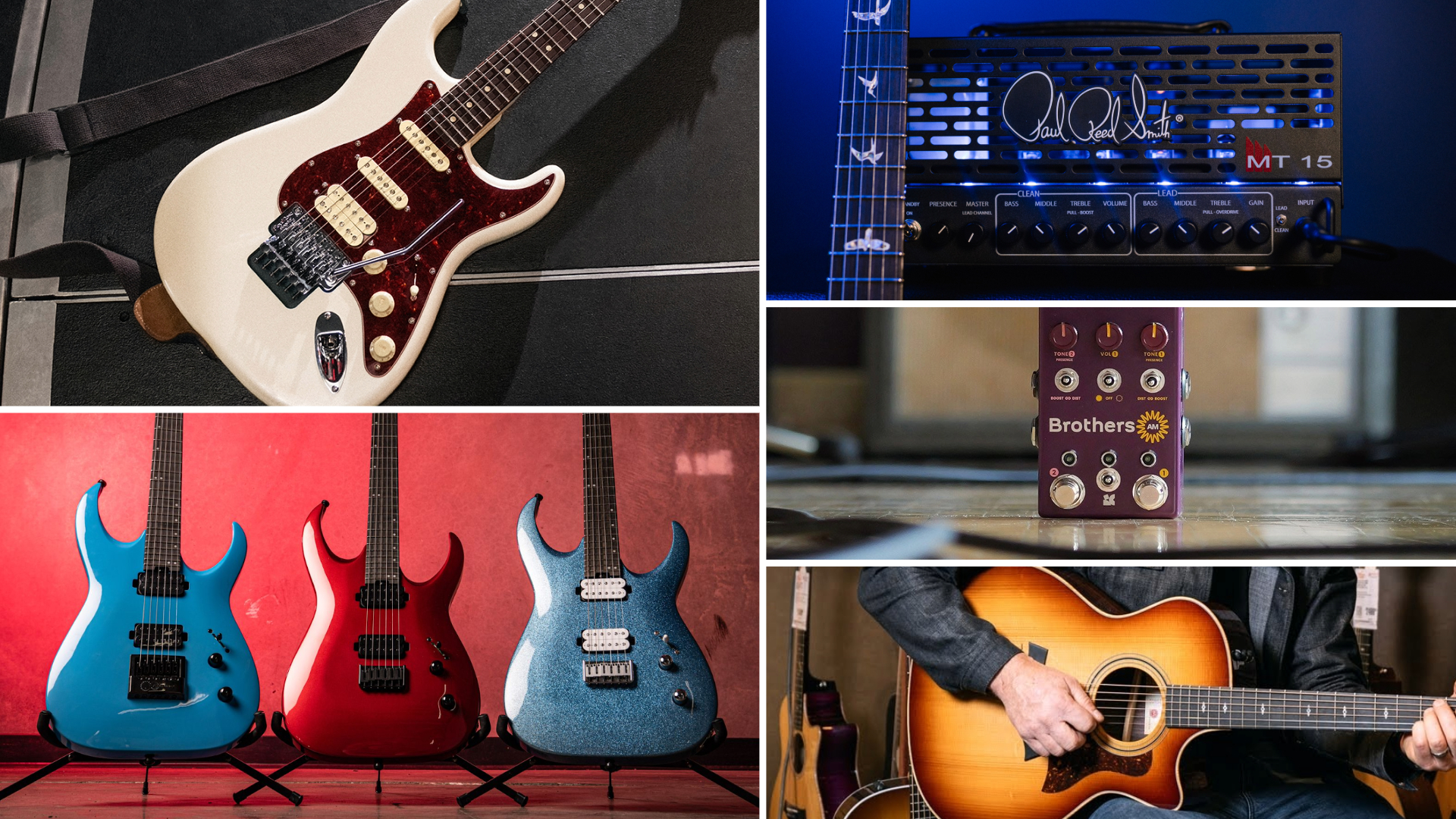Interview: Daniel Wesley Discusses His Songwriting Process
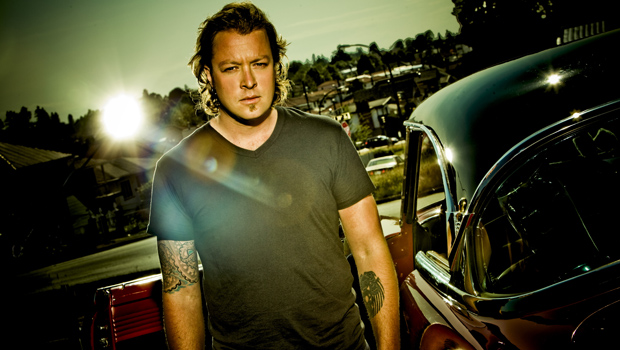
Five albums into his career, Daniel Wesley has learned a thing or two about songwriting. The Vancouver-based artist recently released a new album, Easy Livin’, that takes him into new musical territory, hopefully expanding his fan base further across the U.S.
Wesley is sometimes tagged as a reggae artist, a label that even he doesn’t fully comprehend. Certainly, his music is upbeat; a unique combination of his electric and acoustic roots, with emphasis on memorable hooks and well-crafted lyrics, but it lends itself more to contemporary rock or pop than the sounds of the islands. (For the gearheads, Wesley is endorsed by Gibson, Larrivee and Ernie Ball.)
With time, Wesley has fine-tuned his approach to making music and finding his own sound. In this interview, he discusses that process and how he found his way.
You were 15 when you started your first band. Prior to that, what was your introduction to music? When did you begin performing and writing?
I have a huge family, and when we’d get together it was always a bunch of people. I have four brothers and sisters and four cousins, so eight kids, my parents, grandparents — it seemed like every three weeks we’d get together for someone’s birthday. It was always a big, happy gathering with music playing. Music played in the car — we were a big family, so we were always running from hockey practice to soccer practice to something, and my mom always had music on.
I was into sports growing up. I was a bit of a jock; I played hockey, rugby and basketball, and I always liked music. I took piano lessons, and I played piano and ukulele in school. When I got to high school, I joined the choir because I liked singing so much. I had never played in a band, so it was a good outlet.
As I got older, my friends played in a band and I would go to practices and watch them. I loved it and wanted to be a part of it, but I didn’t play any more instruments and it had been a few years since I played piano and sang. I videotaped a concert my friends were playing and it was just so much fun; I was like, “Oh, I’ve got to do this.” I got an electric guitar and started learning chords by playing records. My best friend and I — he was in that band — started playing and singing and I started writing my own songs.
Get The Pick Newsletter
All the latest guitar news, interviews, lessons, reviews, deals and more, direct to your inbox!
I took television production in high school grade nine, and the first song I wrote was for a class video. It was electric guitar and vocals and it was probably pretty bad, but I started writing songs and I thought, This is where it’s at for me; this is the best part. I took a couple of guitar lessons and I hated it because I didn’t want to play scales or anything. I thought there was more to it, like exploring it on your own and trying to learn from other people, so I’d get together with friends. Our favorite bands were all punk bands, so we’d play punk covers, and it manifested itself into writing our own songs.
At what point did you feel that you “got it” as a songwriter and had the material to take to audiences?
I never really felt like I had that! You write a song, you really like it, you record it, it’s done and you move on to the next thing. I feel more comfortable with my songwriting now, but I’ve learned so much since the first album. Even playing some of those songs live, I change them a bit because they’re like skeletons of what they could have been. I never really completed all of them. They were more like ideas that I recorded, and people loved them because they sound happy.
I’m always learning, but when I started doing this and people started coming to the shows, I thought, I’m doing something right. I’ve heard artists say, “You’ve got to write every day because you’ve got to work on your craft.” I don’t know if that’s true for me. I can’t write every day. I only write when I feel like it. I haven’t even played guitar the last month or so, other than concerts, because I’ve been so busy with other things, and I think that’s healthy. It lets the dust settle every now and then after writing and recording an entire album, but by the time the album is out and I’m talking about it, I’m already thinking about the next album.
Is songwriting an ongoing process for you, rather than a “time to make an album” process?
With five albums in five years, I never felt like I had to make an album. I love going into the studio, so every time I go in, for the most part the songs have all been done. It’s a continual thing for me. On the road, at soundcheck, at home — you get an idea. That’s pretty much how most of the stuff is done. All of the songs are literally written in five or ten minutes, and I think it’s because I’m not chasing anything; I’m just letting it happen when it happens.
I’ve heard people say, “Oh, I’m going to meet with this guy at noon today and write with him,” and I used to laugh at that — “How do you show up and just write a song? It must be so shitty.” But I’ve started doing that lately for other artists and I know that it works. I remember reading a quote from Tom Petty where he said that the moment you start thinking about everything, it’s time to put the guitar down. I feel that’s true for me. Not that I’m Tom Petty! But I think everyone finds a process that works for them, and that process evolves.
How has your process evolved?
It hasn’t changed too much over the years. I have a shitty cassette recorder that I use that I just put ideas on — I press “record” and go from there. Computers have helped a little bit too, but I’m really not good at any of that stuff. I don’t know anything about Garageband. I know how to record with it, but I don’t know how to do anything else! I can use the keyboard setup, create beats, and come up with guitar riffs and vocals over that.
Creating a song is different every time for me, and I like that. Almost all of the music I’ve written has come from the guitar, but I’m playing piano again and that’s part of that evolution. When I get ideas, I scribble them down, and later I go on my laptop and try to make sense of them. I’m a pen and paper guy for sure. I print everything.
Do the songs sometimes end up in a completely different place from where they began? Are they sometimes composites of various lyrics, melodies or chord structures?
No, not so much. For the most part, it all kind of happens. Usually, there’s the initial spark and I try to finish the song, or the bulk of it, when that idea comes, because if I get an idea, walk away and then come back to it later, it loses its “thing.” I don’t have lists and lists of lyrics to pull from, so for me the songs are pretty much what I expect. The fun is when you add keyboards and different parts, stuff like that. But the actual structure is pretty close to what I come up with on the spot.
You played rock, you played punk — how did you end up being labeled a reggae artist?
I have played with actual reggae guys and I don’t think they think what I do is reggae! I don’t even know what I do! I guess they categorize it that way because it sounds kind of beachy, but it’s kind of my own thing. The reason it happened, I guess, is because I was coming out of all this stuff that wasn’t working out and I was tired of the mainstream rock sound I’d been doing for three years, writing songs like all the other bands out there. I wanted to do something that was different and that was me, and I wanted to write happy songs.
I guess happy songs sometimes have that sound and it stuck with me. I know people like that side of me. I don’t write those songs on purpose, but I don’t shy away from them. It’s who I am. People say “reggae,” but I think it’s just happy music. I don’t think about it that much. It's just music to me.
— Alison Richter
Alison Richter interviews artists, producers, engineers and other music industry professionals for print and online publications. Read more of her interviews right here.
Photo: Photo: Mark Maryanovich
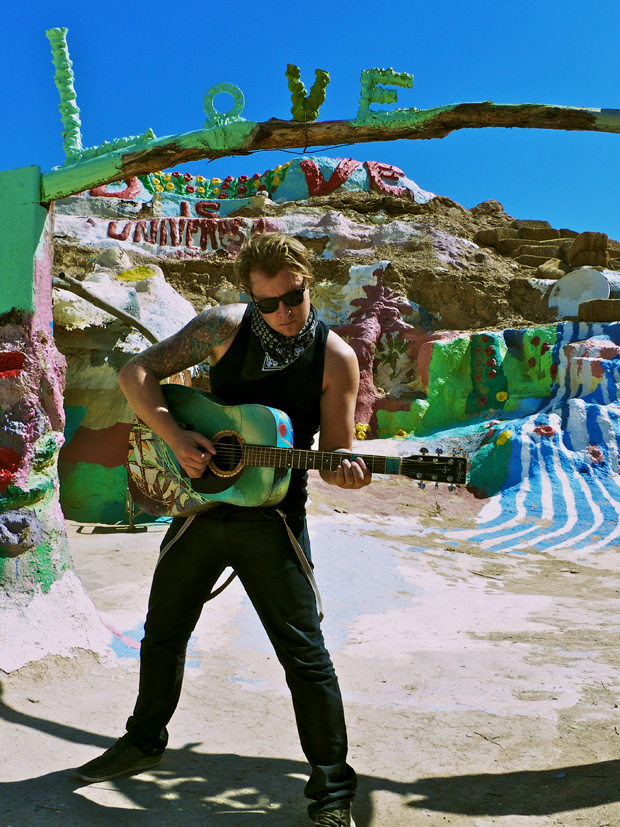
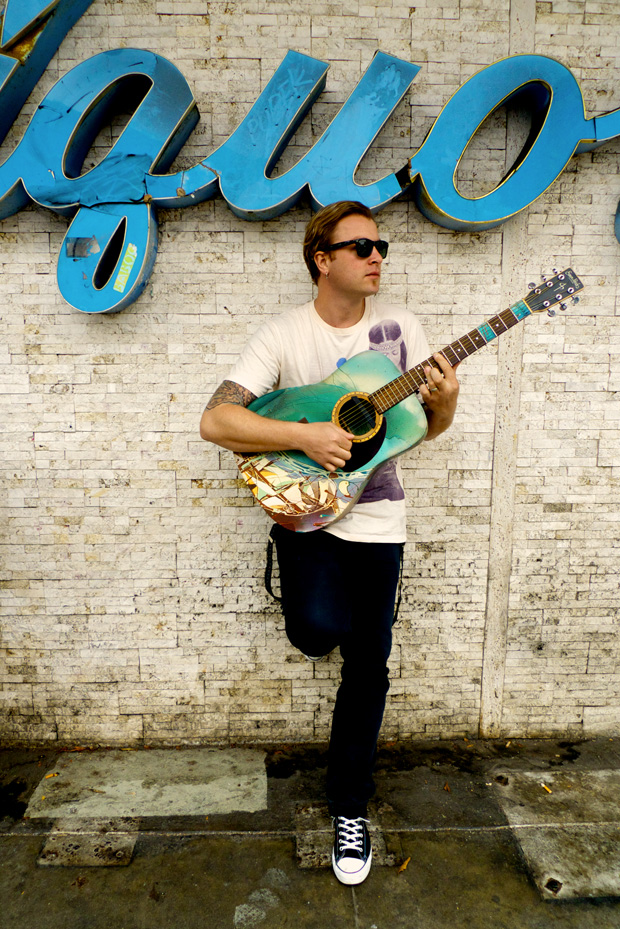
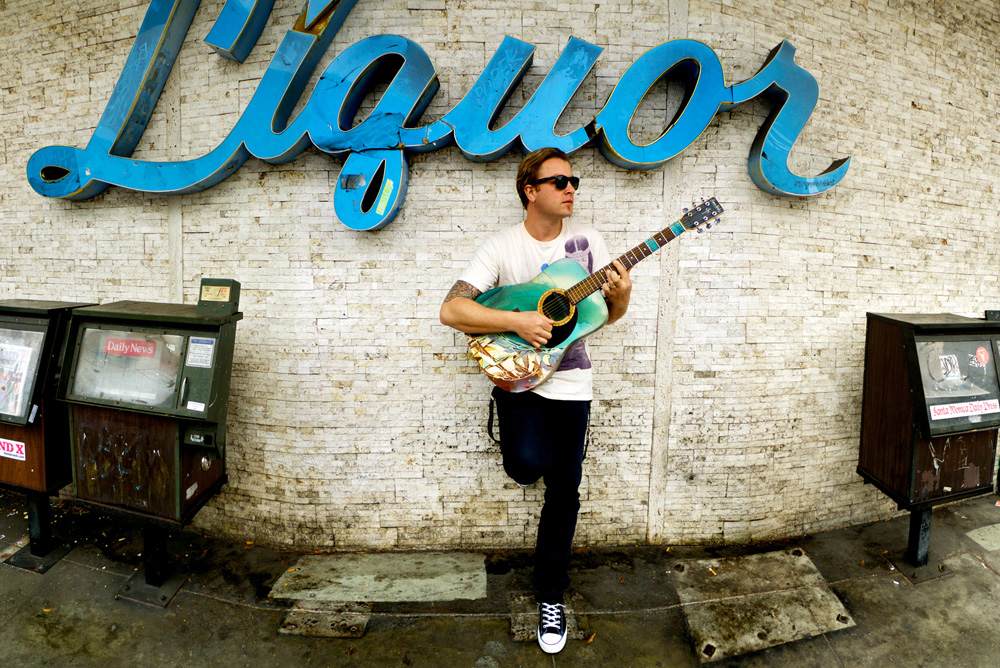
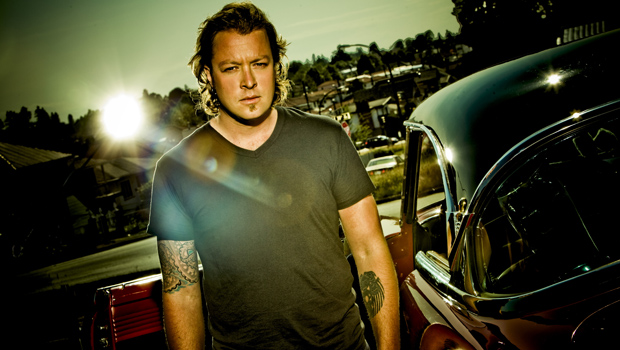
Alison Richter is a seasoned journalist who interviews musicians, producers, engineers, and other industry professionals, and covers mental health issues for GuitarWorld.com. Writing credits include a wide range of publications, including GuitarWorld.com, MusicRadar.com, Bass Player, TNAG Connoisseur, Reverb, Music Industry News, Acoustic, Drummer, Guitar.com, Gearphoria, She Shreds, Guitar Girl, and Collectible Guitar.
“I heard the Money solo and thought, ‘This is amazing!’ So I sent David a telegram saying, ‘Remember me? I'm in a band now called Roxy Music’”: Phil Manzanera on his friendship with David Gilmour, and the key to the Pink Floyd man's unmistakable tone
“It’s really quite genius, but also hard to learn – it sounds insane, but sometimes the easiest songs still get me nervous”: Kiki Wong reveals the Smashing Pumpkins song she had the most trouble with



